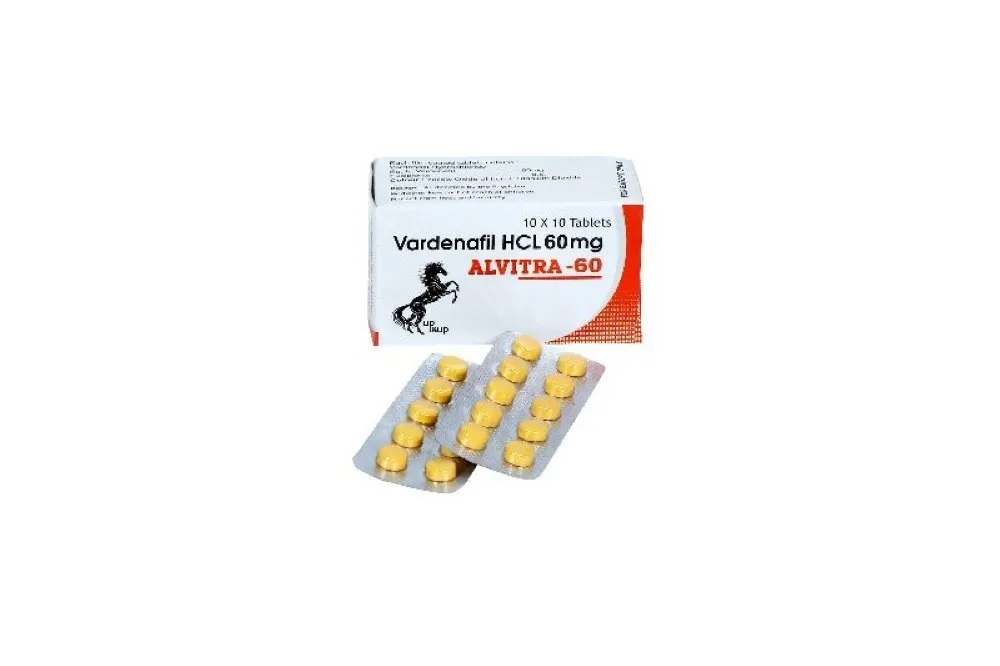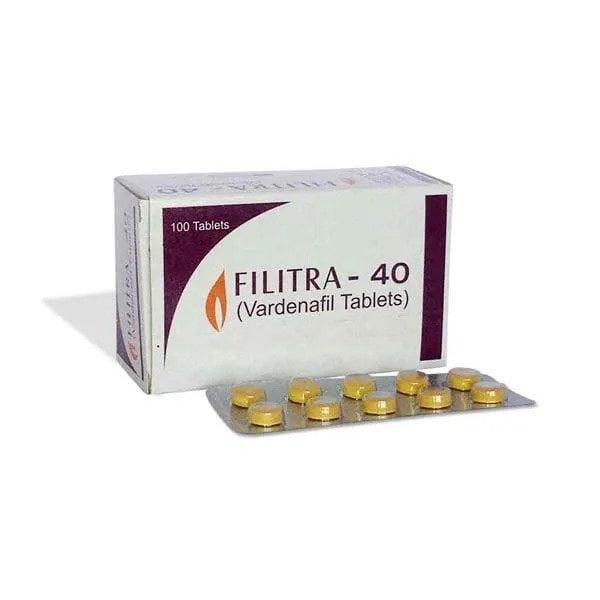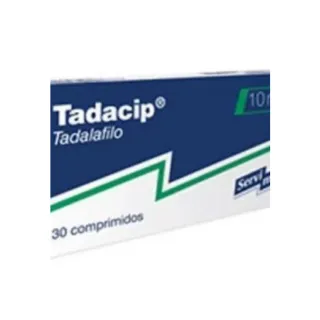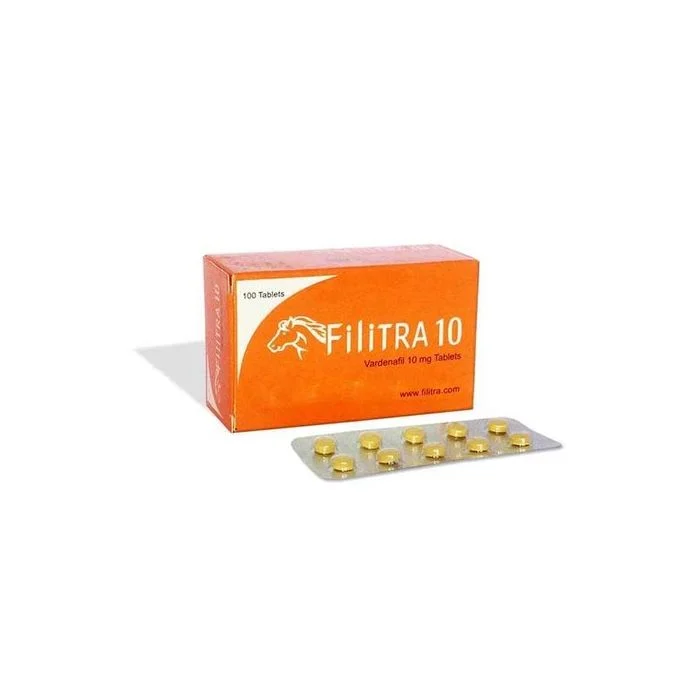Description
Alvitra 60 mg is a light of hope for those dealing with a variety of health issues. This medicine has received attention for its effectiveness and adaptability, ranging from treating particular medical ailments to improving general well-being. In this complete review, we’ll look at Alvitra 60 mg’s uses, advantages, dosage, possible side effects, and more.
What is Alvitra 60 mg?
Alvitra 60 mg is a prescription medicine classified as an antidepressant. Its active element, alvitra, restores the equilibrium of natural molecules (neurotransmitters) in the brain. Unlike other antidepressants, Alvitra 60 mg has a distinct mechanism of action, making it an ideal option for those with special medical requirements.
Alvitra 60 mg Uses
1. Treatment for Depression
Alvitra 60 mg is generally recommended to treat depressive disorders. This medicine helps treat depression symptoms by targeting neurotransmitters like serotonin and norepinephrine, such as chronic sorrow, lack of interest, and feelings of worthlessness.
2. Treatment of Anxiety Disorders
In addition to depression, Alvitra 60 mg has been demonstrated to be effective in treating a variety of anxiety disorders. Whether you have generalised anxiety disorder, social anxiety disorder, or panic disorder, this medicine may help by adjusting neurotransmitter levels and alleviating anxious symptoms.
3. Pain Management.
Beyond its psychiatric uses, Alvitra 60 mg is a promising alternative for chronic pain treatment. Studies have shown that it is beneficial in lowering neuropathic pain associated with illnesses like fibromyalgia and diabetic neuropathy, hence improving patients’ quality of life.
Dosage and Management:
Getting the Right Balance
The recommended dose of Alvitra 60 mg varies according to individual characteristics such as age, medical history, and the severity of the ailment being treated. It is critical to carefully follow the prescribing physician’s recommendations and avoid changing the dose without competent medical supervision. Typically, a healthcare professional will prescribe taking Alvitra 60 mg orally, with or without food.
Possible Side Effects
While Alvitra 60 mg has considerable therapeutic advantages, it is important to be aware of the possible adverse effects that may occur during therapy. Common adverse effects include nausea, dry mouth, dizziness, headaches, and sleeplessness. In other situations, people may have more serious effects, including as allergic reactions, suicidal ideation, or serotonin syndrome. Any adverse effects must be reported to the healthcare professional as soon as possible so that appropriate treatment may be implemented.
Precautions & Considerations
Before beginning therapy with Alvitra 60 mg, inform the prescribing physician of any underlying medical problems, current drugs, or allergies. Certain drugs and medical conditions may interact with Alvitra 60 mg, reducing its effectiveness or raising the likelihood of side effects. Furthermore, particular precautions are required during pregnancy, nursing, or in paediatric populations, demanding a comprehensive risk-benefit evaluation by healthcare specialists.
The Road to Recovery: Tracking Progress and Getting Help
Throughout the duration of Alvitra 60 mg therapy, frequent monitoring and follow-up consultations with the healthcare provider are required to assess therapeutic response, modify dose as needed, and address any emergent issues. Furthermore, psychological assistance and psychotherapy may supplement pharmaceutical management, promoting overall well-being and facilitating long-term rehabilitation.













Reviews
There are no reviews yet.